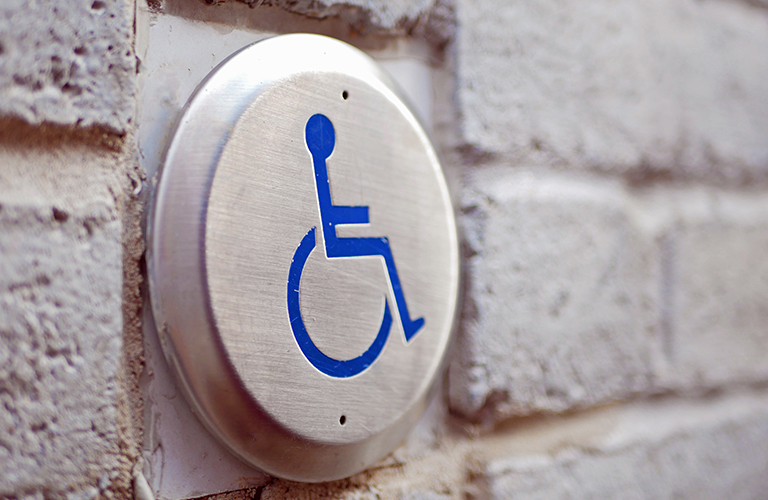
Effective October 15, 2018, employers in New York City will be subject to broader accommodation requirements than those set forth in the Americans with Disabilities Act (“ADA”). A recent amendment to the New York City Human Rights Law (“NYCHRL”) requires employers to engage in a “cooperative dialogue” with an individual who is or may be entitled to an accommodation. The NYCHRL applies to employers with four or more employees, and under the new amendment, employers are required to engage in a “cooperative dialogue” with an individual who has requested an accommodation or who the employer has notice may require an… Read more



